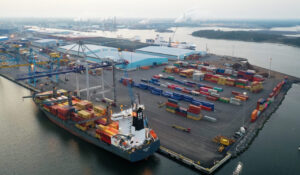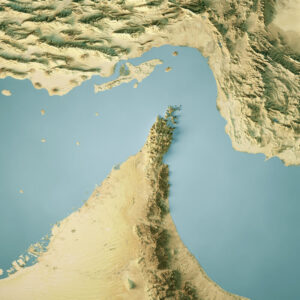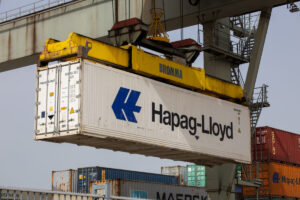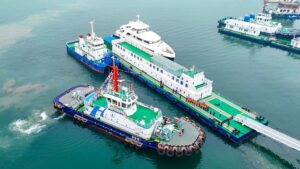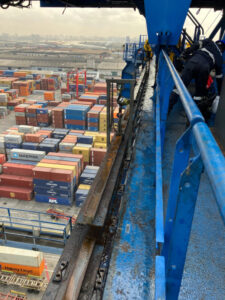The new deeper Suez Canal will be a beneficiary of the ‘One Belt One Road’ initiative and sanction lifts in Iran, according to Denis Petropoulos, President of Braemar Shipping Services Asia.
Read: China in Silk-Road Policy Drive
Speaking at the ‘1st Suez Canal Global Conference’ in Cairo, Egypt, Mr Petropoulos said: the ‘One Belt One Road’ was not just about China, stating that it reaches around 60 countries “…many with increasing energy needs, and the Suez Canal playing its very essential part.”
Petropoulos said of Iran: “Its trading alliances in Asia remain strong but with the lifting of sanctions the opportunities for Iran are opened further, with long standing historical trading partners in Southern Europe and their demand for Iranian crude oil, all likely to be transported through the Suez Canal and the Sumed pipeline.
Technical Paper: Iranian Ports in the Post-Sanction Era
“In the 1970s and 1980s, the trend for crude oil produced in the Middle East was for Western demand but by the turn of this century the trend reversed with Middle East producers supplying the East.”
Petropoulos added how the influence of India’s refinery programmes would be of benefit for the Suez: “Those cargoes will transit the Suez Canal. With the demand for power combined with emissions, the LNG space is growing significantly and there has been an increase in LNG transiting the Suez Canal in the last 10 years.”
Read: Key Suez Bridge to Reopen
Since the completion of the new dual carriage, the new Suez Canal is able to handle almost twice the traffic it was before.
Jeff Wilson, Director of Marine Consulting (Europe) at Braemar Salvage Association, told delegates that the planned increase in traffic that will come from the development of the ‘One Belt One Road’ initiative “…will inevitably result in more vessels transiting and awaiting transit of the canal at either end, and this will require careful planning and handling to mitigate the risk of increased traffic.”
Technical Paper: Ensuring Safety and Efficiency with e-Navigation


